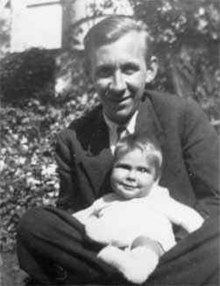
.mw-parser-output .hidden-begin{box-sizing:border-box;width:100%;padding:5px;border:none;font-size:95%}.mw-parser-output .hidden-title{font-weight:bold;line-height:1.6;text-align:left}.mw-parser-output .hidden-content{text-align:left}@media all and (max-width:500px){.mw-parser-output .hidden-begin{width:auto!important;clear:none!important;float:none!important))You can help expand this article with text translated from the corresponding article in German. (December 2012) Click [show] for important translation instructions.
View a machine-translated version of the German article.
Machine translation, like DeepL or Google Translate, is a useful starting point for translations, but translators must revise errors as necessary and confirm that the translation is accurate, rather than simply copy-pasting machine-translated text into the English Wikipedia.
Consider adding a topic to this template: there are already 9,121 articles in the main category, and specifying|topic= will aid in categorization.
Do not translate text that appears unreliable or low-quality. If possible, verify the text with references provided in the foreign-language article.
You must provide copyright attribution in the edit summary accompanying your translation by providing an interlanguage link to the source of your translation. A model attribution edit summary is Content in this edit is translated from the existing German Wikipedia article at [[:de:Arnold Scholz]]; see its history for attribution.
You may also add the template ((Translated|de|Arnold Scholz)) to the talk page.
For more guidance, see Wikipedia:Translation.
Arnold Scholz (24 December 1904 in Berlin – 1 February 1942 in Flensburg) was a German mathematician who proved Scholz's reciprocity law and introduced the Scholz conjecture.
Scholz participated in the Second Conference on the Epistemology of the Exact Sciences contributing the paper "On the Use of the Term Holism in Axiomatics" to the discussion on the foundation of mathematics.